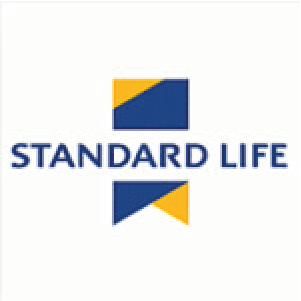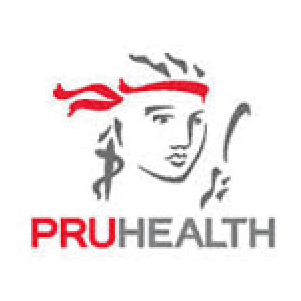IDD Therapy Coventry: Non Surgical Spinal Decompression Treatment.
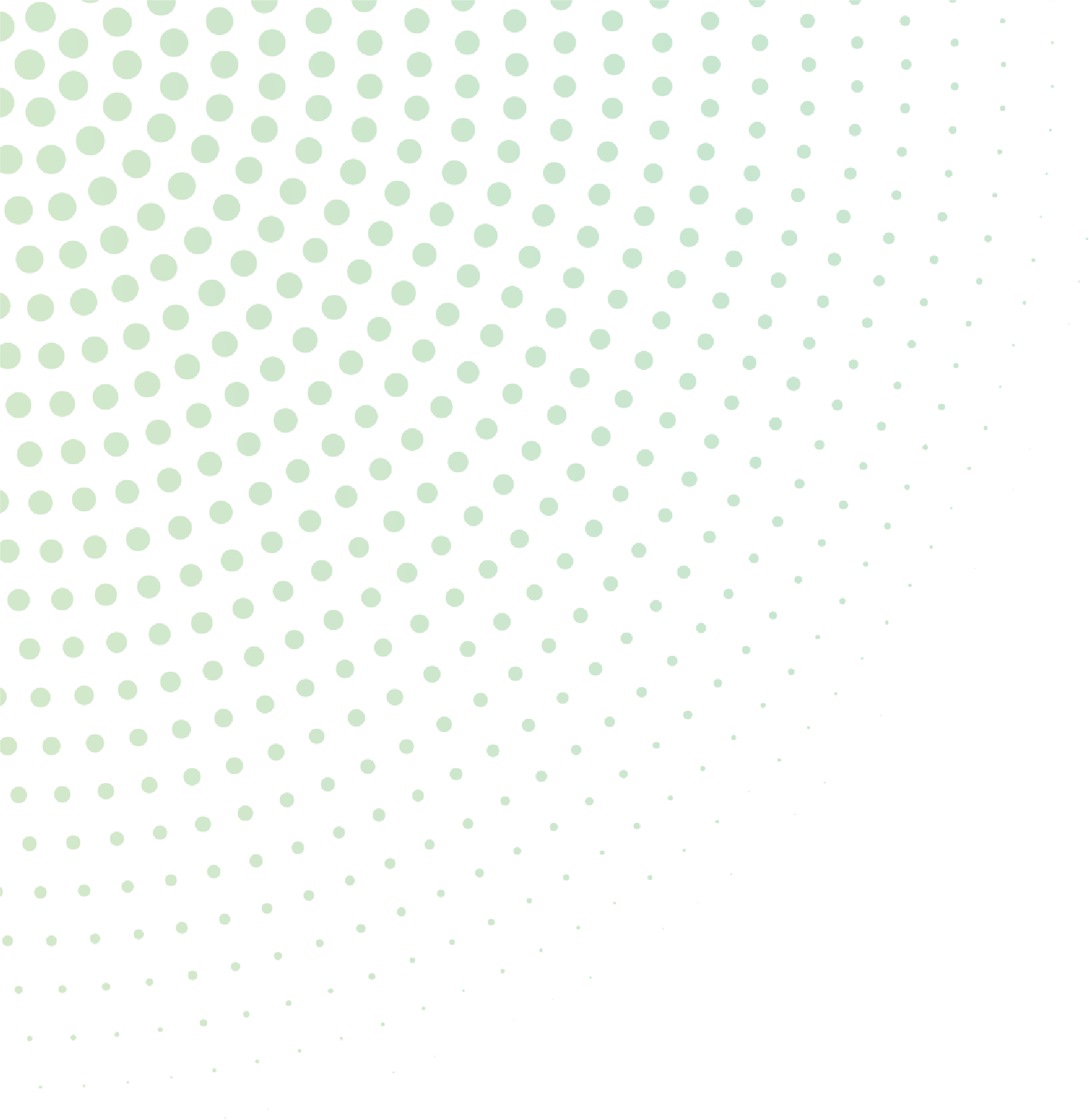
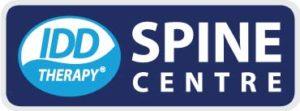
Intervertebral Differential Dynamics or IDD Therapy, also referred to as Spinal Decompression Treatment, provides targeted, non-invasive and non-surgical option in the management of conditions and injuries affecting Cervical and Lumbar spine such as Sciatica,Trapped Nerve,Slipped Disc,Herniated Disc and Lower Back Pain
IDD Therapy is Proven and Safe.
For further information on Non-surgical Non-invaisive solutions to reduce pain and increase mobility such as IDD Spinal Therapy, Shockwave and Low level laser therapy use the name TABS above.
Back Pain.
Among the many causes of a back pain injury, the most common by far is a sprain or strain of muscles, ligaments and joints. Muscle spasm can occur after twisting or bending awkwardly, or from a simple sneeze or cough. The majority of muscle spasms tend to get better over time. The inter-vertebral discs may also be commonly affected.
The susceptibility of the low back to injury and pain is due to the fact that the low back, like the neck, is an unstable part of the spine, unlike the thoracic spine, which is supported by the rib cage. This instability allows us to have a great deal of mobility to touch our toes, tie our shoes or pick something up from ground level, but at the cost of increased risk of injury.
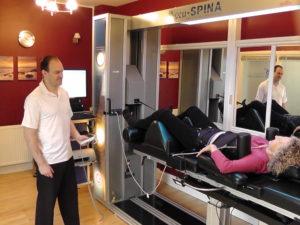
Videos of IDD Therapy which may be of interest:
Neck pain
http://www.youtube.com/watch?v=KNhnvWoic7g&feature=related
Back Pain
http://www.youtube.com/watch?v=qcEEJTcy3Sg
The low back can withstand tremendous forces as long as it is healthy and functioning correctly. However, if the low back is out of alignment or has weakened supporting muscles, something as simple as putting a bag or suit case in and out of the boot of a car, picking something up off the floor, or simply bending down can cause a low back injury.
Studies have shown that when back pain is not treated, it may go away temporarily, and is very likely to return. The importance of taking low back pain seriously cannot be stressed enough.
Prolapsed Disc
What Is It?
The above term generally describes a disc that is displaced beyond the limits of the inter-vertebral disc space i.e. the borders of annulus fibrous (the outer fibrous part of the disc). To say that the disc slips isn’t strictly true, it bulges, protrudes or prolapses. The correct term to use however, would be herniated disc.
Disc prolapse or herniation is the protrusion of the central portion of the disc through a tear in the outer annular wall of the disc. If disc prolapse results in the compression (direct or indirect) of the nerve root it would cause symptoms of pain, numbness, or weakness. In some individuals however, disc protrusions will not cause any symptoms. A disc extrusion is a severe version of a disc protrusion in which a large portion of the nucleus pulposus is displaced through the wall of the disc. A disc extrusion would almost always result in the symptoms of nerve root compression.
Disc Herniations
A herniated disc does not automatically mean that you may suffer from low back pain. In one study almost 60% of all adults had at least one bulging or herniated disc, even though they did not experience any back pain. However, herniated discs can be a source of severe and debilitating pain, which may radiate to other areas of the body. Unfortunately, when discs herniate, they rarely, completely heal.
Symptoms may include any of the following:
- Low Back pain
- Groin pain
- Buttock pain
- Thigh pain
- Calf/Shin pain
- Ankle/Foot pain
- Toe pain
Often, there may also be pins and needles, dullness, numbness, cold, heat, weakness associated with the pain
How Does It Happen?
Disc problems are common causes of back pain. After an injury, or as we age, discs lose fluid content and deteriorate in a process called disc degeneration. The earliest form of disc injury is in the form of tears or fissures in the annulus fibrosis (outer portion) of the disc. The annulus fibrosis is very much like a large round ligament that prevents the nucleus pulposus (inner gel-like portion) of the disc from protruding outward. Tears in the annulus heal by scar formation which weakens the disc further. The repetitive annular tears which heal by forming scar tissue lead to a disc that begins to degenerate.
A herniation begins when the inner nucleus pulposus bulges through the annulus fibrosis, causing a bulging or protruding disc ie the disc is sticking out a bit. This bulge can put pressure on a spinal nerve root. This can then interfere with the natural blood supply to the nerve root and set up a condition known as intra-neural oedema. Basically, as the nerve root is compressed the micro-circulation is reduced and can progress to the point where the nucleus begins to leak out of the disc. At this point the body begins to fight back by launching an autoimmune response to the disc material (nucleus pulposus).
The reaction of this defence mechanism causes severe inflammation and progressive deterioration of the nerve root. If the herniated disc is located in the lumbar spine (low back), the symptoms can cause low back pain, with or without leg pain. Sometimes numbness, tingling or muscle weakness can occur too.
What Should You Do?
It is strongly recommended you seek the assistance of a local health care professional, who can then carry out a thorough case history, examination and carry out treatment if appropriate. If the health care professional cannot help you, then they should tell you so and either arrange further tests if necessary (X-Rays, MRI/CT scans, ultrasound scans, blood tests, urine tests etc) or refer you onwards to another appropriately qualified professional.
What Shouldn’t You Do?
DO NOT IGNORE the problem! From time to time we all have neck or low back pain after sleeping awkwardly, which normally subsides within 2-3 days. Obviously in that scenario, no treatment is required. However, if the problem persists or gets any worse, then you should seek professional advice.
Long Term Effects
As stated earlier, many people will have one or more disc herniations, but no symptoms at all. The point here is that the early phase of degeneration of the disc has already taken place. Although pain may occur immediately as you bend, lift, cough or sneeze, the damage has been done way before that. This makes sense because everyone knows they have carried out these actions thousands of times before without any problems.
Therefore, it is likely that you may get recurring symptoms and because of that some patients prefer to be seen from time to time almost like an MOT for your car. Obviously your body is a lot more complicated than your car, but many people tend to look after their cars much better than they look after themselves.
Diagnosis
Seek professional advice and start by getting a diagnosis and then discuss the options with your healthcare professional.
back pain treatment at the Central Chiropractic & Physiotherapy Clinic is an accredited and recommended clinic for BUPA AXA PPP AVIVA and Simply Health healthcare providers and provides expert back treatment for back pain and back injuries, Sciatica, trapped nerve, bulging disc, lower back pain including neck pain and whiplash injuries and other and other types of disc and spinal injuries, diseases and conditions in Coventry and the surrounding area.
Our team of Chiropractors,Senior Physiotherapists and Acupuncturists are also registered with Simply health Mercia Health BHSF WPA Groupama Cigna Police Healthcare Scheme Standard Life Healthshield and all other healthcare schemes and providers.
Personal Injury Claims Solicitors and Insurance Companies and Agencies; competitive pricing / quotes. Phone 024 76 222002.
We provide Chiropractic, Physiotherapy and Acupuncture and other therapy services at great prices for insurance companies looking to find quality and value for their clients. Get in touch to discuss your Chiropractic, Physiotherapy and Acupuncture requirements now.

 02476 222 002
02476 222 002